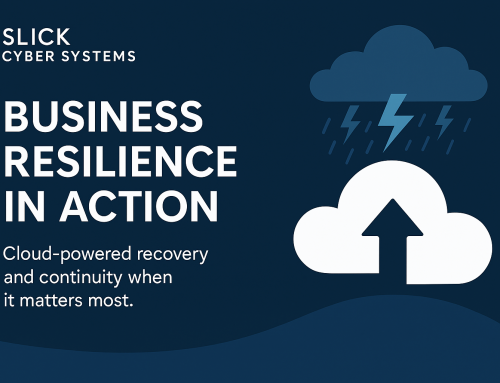Why Cybersecurity Matters:
11 Essential Reasons for Individuals and Organizations
Cybersecurity is a crucial concern in today’s digital world, impacting both individuals and organizations. As cyber threats become more sophisticated, understanding the importance of robust cybersecurity measures is essential for safeguarding assets and maintaining operational integrity. Here are eleven key reasons why cybersecurity is vital for protecting your organization and its bottom line:
- Protects Your Data: Cybersecurity is fundamental for safeguarding sensitive data from unauthorized access and breaches. Protecting data helps maintain the confidentiality and integrity of your personal and organizational information.
- Secures Critical Infrastructure: Effective cybersecurity measures protect your organization’s critical infrastructure, including network systems, servers, and databases, from potential cyber attacks that could disrupt operations.
- Reduces the Risk of Attacks: Implementing strong cybersecurity protocols significantly lowers the risk of falling victim to cyber attacks, such as ransomware, malware, and phishing schemes.
- Mitigates Legal Risks: By maintaining rigorous cybersecurity practices, you can reduce the likelihood of facing legal action for damages resulting from data breaches or security incidents.
- Avoids Regulatory Fines: Compliance with cybersecurity regulations helps avoid hefty fines imposed by regulatory agencies for failing to protect data adequately.
- Prevents Credit Card Fines: Adhering to cybersecurity standards can prevent fines from credit card companies for failing to secure payment data and meet industry standards.
- Avoids Privacy Violation Penalties: Strong cybersecurity measures ensure compliance with privacy laws, avoiding fines for mishandling customer data, such as failing to obtain consent or improperly sharing information.
- Maintains Customer Trust: A well-defined and enforced cybersecurity policy, including employee training, helps retain customer trust and loyalty by demonstrating a commitment to protecting their information.
- Improves Risk Management: Effective cybersecurity practices aid in identifying and mitigating vulnerabilities within your systems and processes, enhancing overall risk management.
- Provides Evidence of Due Diligence: In the event of a data breach, having comprehensive cybersecurity measures in place provides evidence that you have taken reasonable steps to protect customer information.
- Controls Liability: Strong cybersecurity protocols help manage liability when employee negligence leads to the compromise or loss of customer information, reducing potential legal and financial repercussions.
In summary, robust cybersecurity is essential for protecting data, maintaining infrastructure, reducing legal and financial risks, and preserving customer trust. By investing in effective cybersecurity measures, you ensure the security and resilience of your organization in the face of evolving cyber threats.





